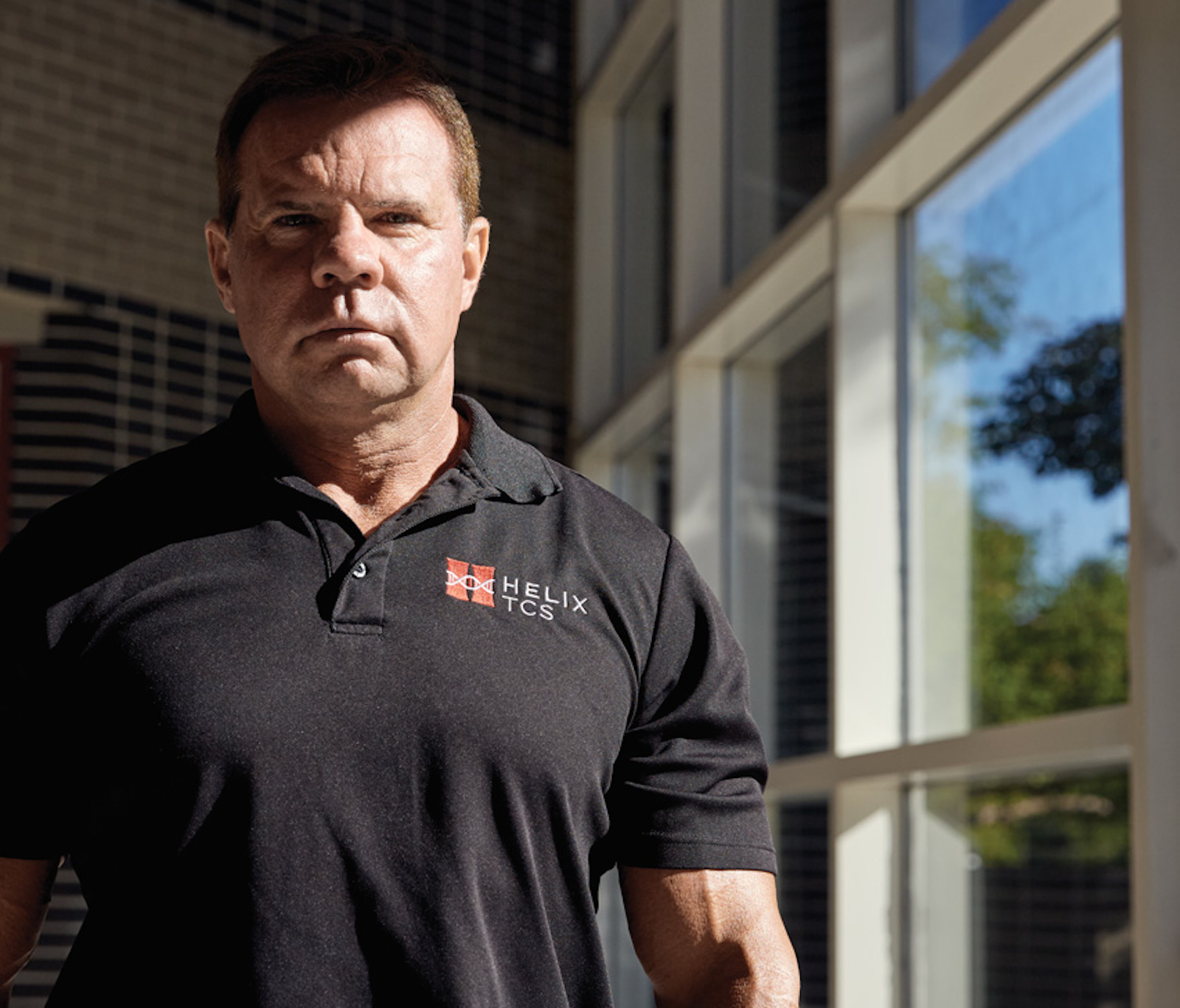The Local newsletter is your free, daily guide to life in Colorado. For locals, by locals.
When two students opened fire at Columbine High School in April 1999, Grant Whitus, then with the Jefferson County Sheriff’s Office, was one of the first officers to enter the building. Whitus cleared room after room, eventually finding three girls on the floor of the library. Two were dead, and the other begged for help. “I don’t think anybody who was in our group will ever get over that,” Whitus says. The deadly school shooting is the centerpiece of Whitus’ new memoir—Bullet Riddled: The First S.W.A.T. Officer Inside Columbine…And Beyond (Waldorf Publishing, September)—although the author vividly recounts other high-profile cases that occurred during his 26-year career with the sheriff’s office. (He spent 17 years as a member of Jeffco’s SWAT team.) Retired from the force since 2014, Whitus, the most decorated officer in Jeffco history, recently spoke with 5280 about the rise of mass shootings, their long-term effects, and how he thinks we can stop them.
Resumé
Name: Grant Whitus
Age: 51
Occupation: Owner of Advanced Tactical Training, which teaches cops and civilians how to respond during active-shooter situations
Medals: 16 (including five Medals of Valor)
5280: At 17, while you were attending Sheridan High School, you went to jail for fighting at a party. How did that lead to you joining the Jeffco sheriff’s department?
Grant Whitus: My parents left me in [that cell all night]. Of course I didn’t sleep, because I was terrified. I just sat there and thought, “I’m going to spend the rest of my life making up for this.”
You write that a group of SWAT team members entered Columbine High School before your group, but that they did not pursue the shooters. How did that influence future responses to mass shootings?
We came up with [the strategy of] “rapid and immediate deployment.” The moment [officers] get into the door, they contact the shooter, and either the shooter quits right there or they kill him. There’s not an in-
between. It’s not a negotiation. At no time do they ever stop hunting that person.
How did the trauma of Columbine affect you afterward?
The fire alarms were going off the entire time we were in there. Probably for two years after Columbine, every time I heard a fire alarm I tensed up. I have a great wife, a great family life. The world has completely changed for me. I have the support that I’ve never had before. I’m doing 100 percent better. But, absolutely, I still have temperament issues that I have to work on controlling all the time. I never go somewhere in public without a weapon.
Why do you think mass shootings have increased since Columbine?
These cowardly shooters see the notoriety that [Columbine shooters] Dylan Klebold and Eric Harris and these others get and think, “I’m going to commit suicide, but I want people to remember my name. And the only way I’m going to do that is by killing more people than anyone else did.”
It’s been 17 years since the Columbine shooting. Why write this book now?
I wanted to write one then, but the bosses at the Jefferson County Sheriff’s Office said, “Don’t do it…. If you say anything bad about the department, you could be up for scrutiny or get suspended.”
You say you believe that the only thing that will stop a bad guy with a gun is a good guy with a gun. But surely you don’t believe intoxicated clubgoers in Orlando, Florida, should pack heat?
Obviously, alcohol and guns don’t mix. [The Pulse nightclub in Orlando] had the right method. They had a law-enforcement officer working inside there. The officer was involved in a short gun battle [with the shooter], but then he stopped [editor’s note: The Orlando Sentinel reports the officer retreated to call for backup].… That was a mistake. The moment we quit throwing law enforcement through that door to stop him, he’s going to start shooting innocent people. But if we keep throwing law enforcement at him, he has to focus on surviving.









